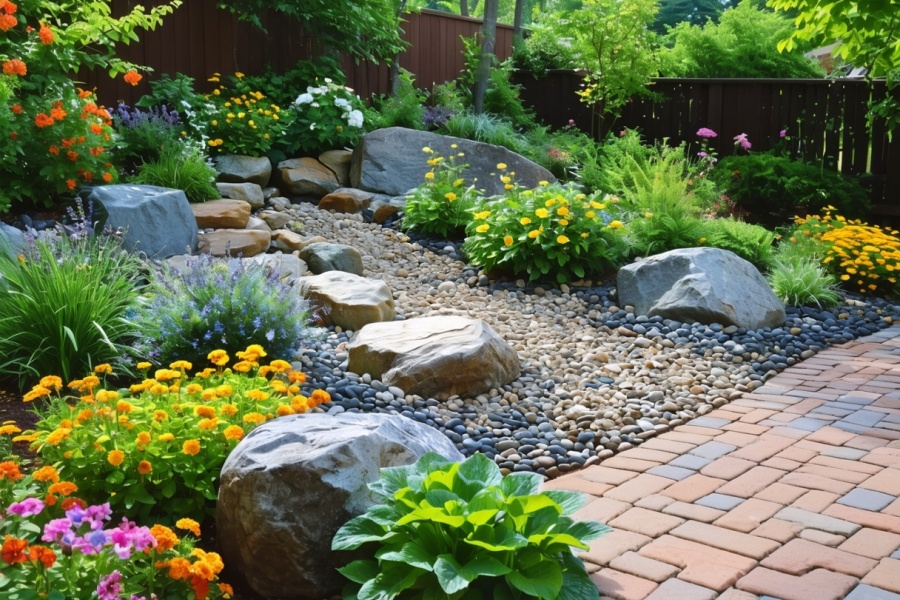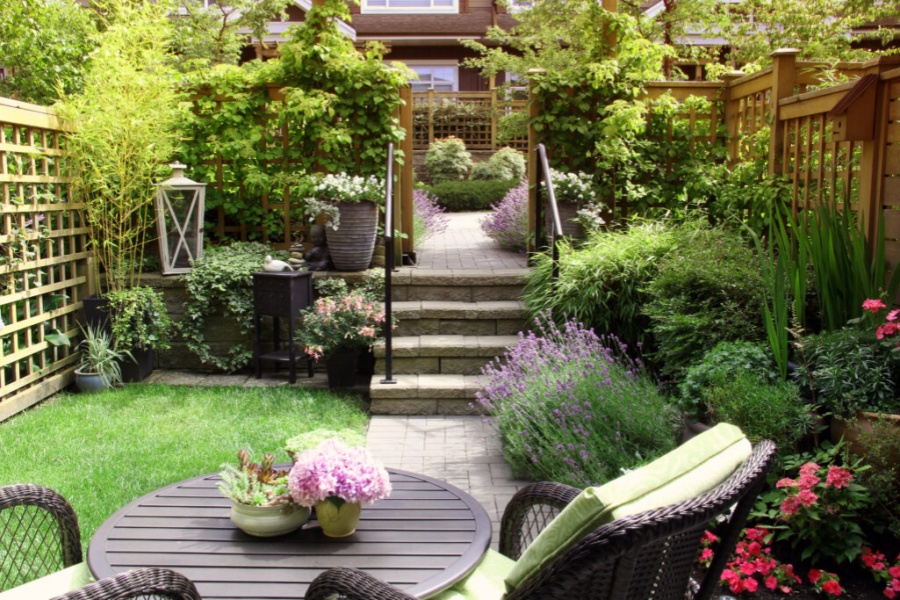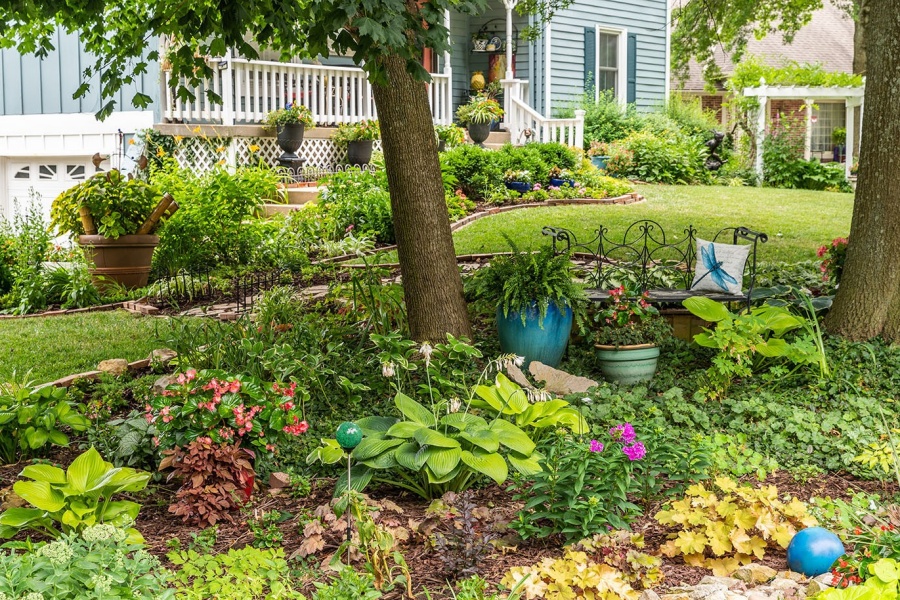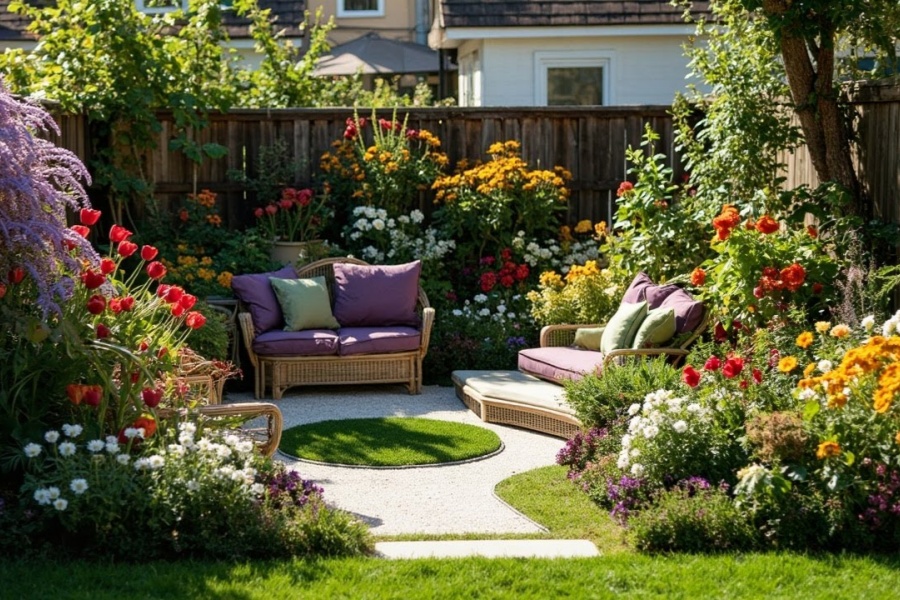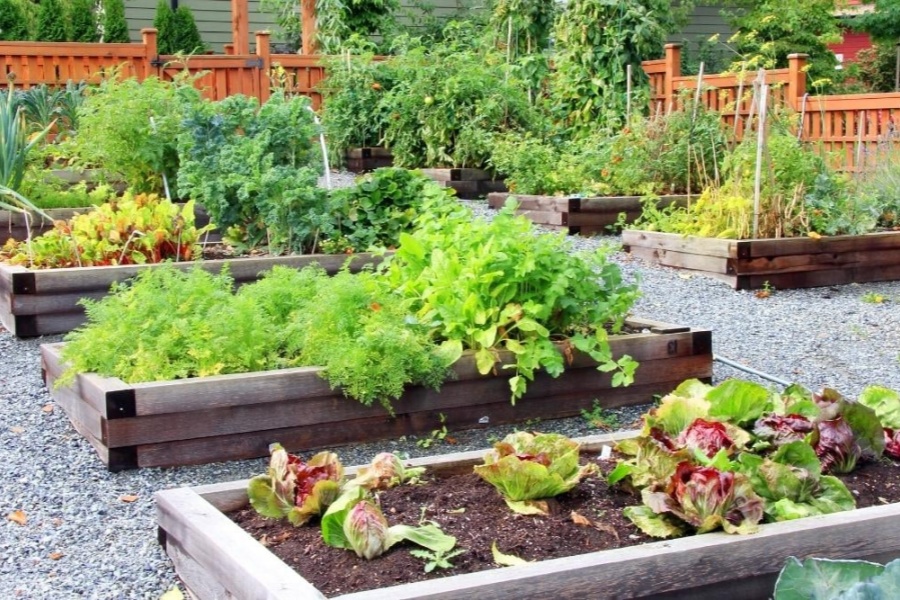Selecting the right plants for your garden. Consider factors like your local climate, soil type, and the amount of sunlight your garden receives. Choose plants that are well-suited to these conditions for the best chance of success.
Understand that soil is the foundation of a healthy garden. Invest in good quality soil, rich in organic matter. Regularly add compost or other organic materials to improve soil fertility and structure. Remember, healthy soil means healthy plants.
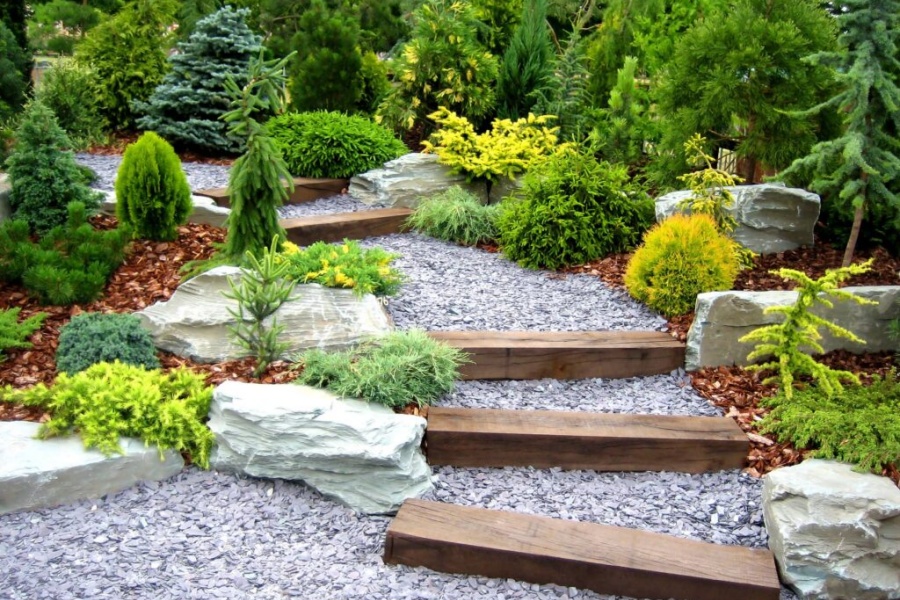
Water wisely. Overwatering is a common mistake in home gardening. Most plants prefer a thorough watering less frequently, rather than a little water every day. It’s also best to water early in the morning or late in the evening to minimize evaporation.
Keep a close eye on your plants for signs of pests or disease. Early detection is key to managing these issues. Use organic methods of pest control whenever possible, to keep your garden safe for beneficial insects and wildlife.
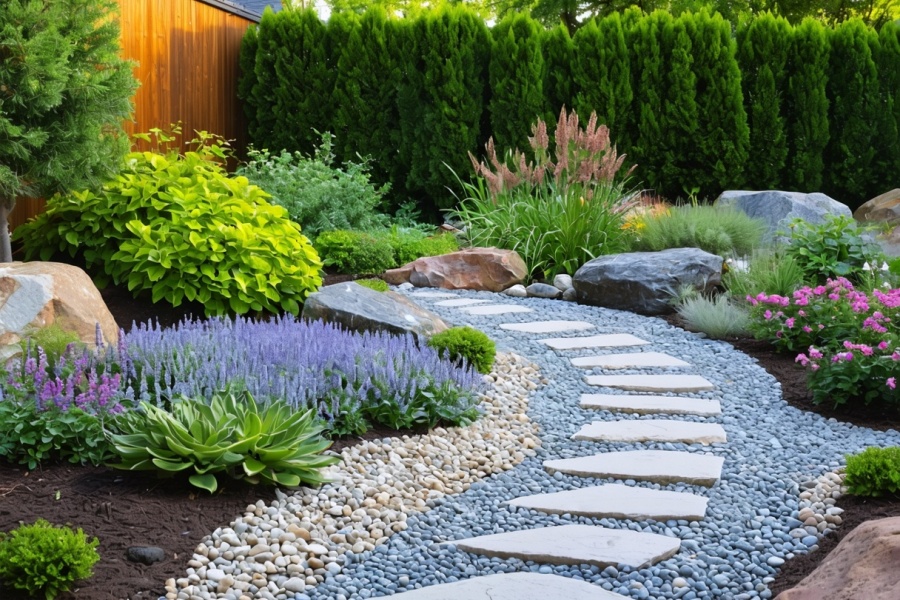
Practice regular maintenance. This includes weeding, pruning, and mulching. Weeding prevents unwanted plants from competing with your garden plants for resources. Pruning helps maintain plant health and shape. Mulching conserves soil moisture and suppresses weeds.
Be patient and persistent. Gardening is a process, not an event. Some plants will thrive, others may struggle, but each experience is a learning opportunity. Don’t be disheartened by setbacks. Instead, view them as chances to grow and improve as a gardener.
Successful home gardening is about choosing the right plants, nurturing the soil, watering wisely, monitoring for pests, practicing regular maintenance, and embracing patience and persistence. With these tips in mind, you’re well on your way to creating a thriving home garden.

